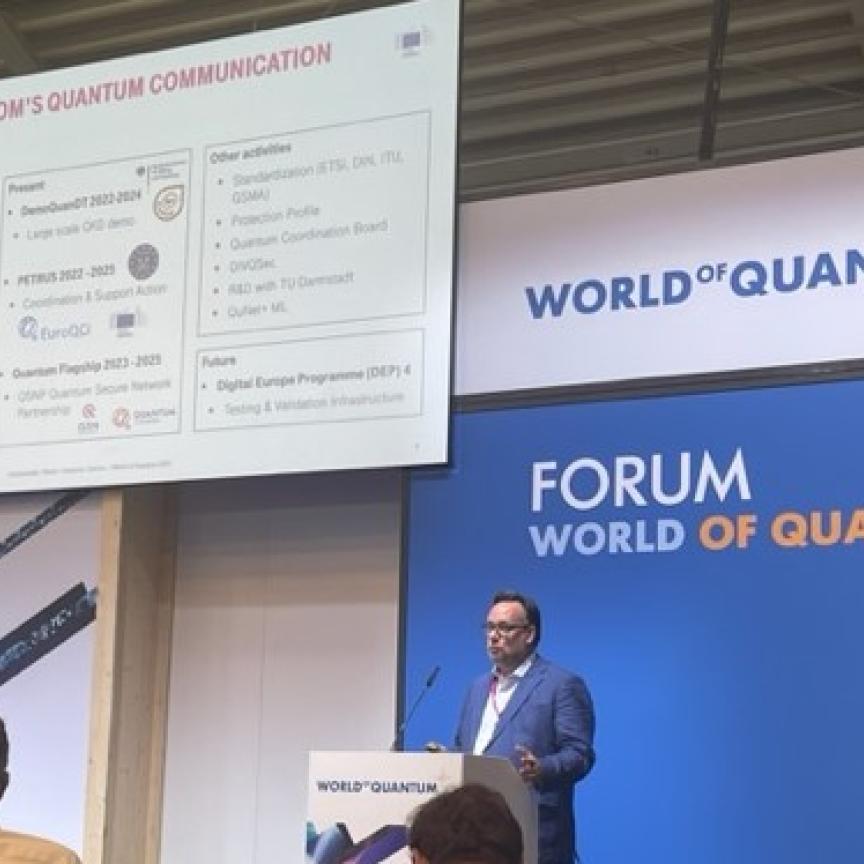Ofcom is proceeding with a formal notification to require the legal separation of Openreach from BT, after BT failed to offer voluntary proposals that address the regulator’s competition concerns. Openreach is the division of BT Group that develops and maintains the access network used by broadband providers such as Sky, TalkTalk and Vodafone, as well as BT’s own retail business.
“We are disappointed that BT has not yet come forward with proposals that meet our competition concerns. Some progress has been made, but this has not been enough, and action is required now to deliver better outcomes for phone and broadband users,” said Ofcom, via a statement.
Back in July, Ofcom set out its concerns that the company structure – where key decisions affecting Openreach are made by BT Group – leaves the operator with the both incentive and ability to favour its own retail business when making strategic decisions about new network investments by Openreach. Ofcom believes that a more independent Openreach would be better placed to invest in ‘full fibre’ broadband for everyone (see Policy shift sees the UK start on a full fibre diet).
To this end, Ofcom wants Openreach to become a distinct company with its own Board made up mainly of non-executive directors, including the chair, who are not affiliated with BT. Openreach’s new Board would have a duty to treat all customers equally, which would mean consulting with other broadband providers – such as Sky, TalkTalk and Vodafone – before making strategic investment decisions, such as where to deploy new networks.
BT had put forward a voluntary plan that it argued should address Ofcom’s concerns, but they do not go far enough, the regulator asserts. Ofcom is now preparing a notification to the European Commission to require the legal separation to make Openreach more independent.
Responding to Ofcom’s decision, BT said in a statement. “We put forward proposals in July that we believe are fair and sustainable, and that meet Ofcom's objectives without disproportionate costs. We are implementing these proposals, and have just appointed Mike McTighe to be first chairman of Openreach. We will continue to work with Ofcom to reach a voluntary settlement.”
According to BT, there are two outstanding issues where the operator has yet to reach agreement with Ofcom: the reporting line of Openreach’s chief executive and the form of legal incorporation.
Another complex issue that will need to be addressed in the separation process is how BT’s pension deficit could be affected. BT told Ofcom that the proposed model would trigger substantial costs, though other parties believe these concerns have been overstated.
Commenting on the news, Matthew Howett, practice leader for Ovum’s Regulation & Policy advisory service, said: “This announcement will undoubtedly come as a blow to BT, which thought it was making progress with Ofcom; however, the door remains open for both sides to reach a voluntary agreement. In many ways, a voluntary agreement remains a better outcome than a forced legal separation, not least because the EU route is uncertain, untested, and likely to take much longer to achieve. It is also made more complex by the decision from the UK to leave the EU.”
Ofcom’s decision will also upset BT’s rivals who had been pushing for structural separation – a more drastic move that would require Openreach to be sold off or spun out as a legally separate entity. However, Ofcom has made it clear that this would be an option of last resort (see BT avoids breakup following Ofcom digital review and BT rivals renew call for Openreach separation).
“Our current view is still that an effective and robust form of legal separation, with Openreach as a wholly-owned subsidiary of BT, is likely to achieve the greatest improvements for everyone in the shortest amount of time. Therefore, this is the approach with which we are minded to proceed,” the regulator said.

